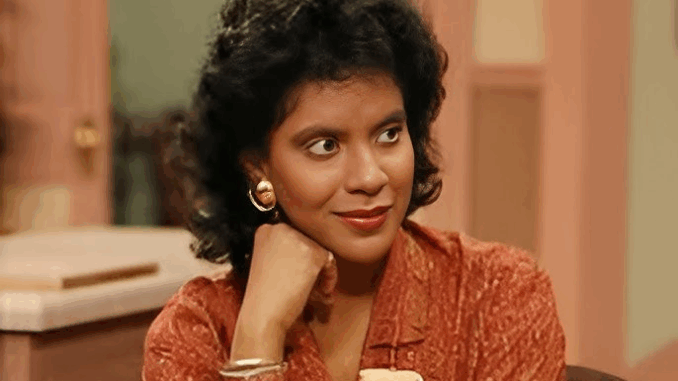
Once hailed as a revolutionary force in American television, The Cosby Show is now remembered as one of pop culture’s most shocking cautionary tales — a glittering lie wrapped in a laugh track.
At its peak, The Cosby Show pulled in 30 million viewers a week, transcending race, class, and political lines. It was the show that made Americans believe in the American Dream — clean-cut, college-bound Black children, a doctor-dad with dad jokes, a lawyer-mom with pearls. It was everything society wanted to see. Everything it needed to believe.
But behind the perfectly choreographed sitcom scenes, a predator was writing the script.
Bill Cosby, the show’s creator, star, and moral center, wasn’t just playing Dr. Cliff Huxtable — he was using the role to hide in plain sight. Sources from inside the production now speak of an atmosphere of “strict control,” “manipulation,” and “deep discomfort.” One anonymous crew member recalls, “There was always a sense that things weren’t what they seemed. But who would believe you if you questioned Cosby back then?”
That question now feels bitterly ironic.
In 2018, Cosby was sentenced to prison for sexual assault, marking a stunning fall from grace for a man once considered untouchable. Even after his release in 2021 due to a legal technicality, public opinion had already turned. Syndication deals were canceled. Honors revoked. The once-revered show? Blacklisted.
The Myth Machine
Cosby didn’t just star in The Cosby Show — he controlled it. As executive producer, he dictated not only scripts but public perception. The family-friendly image of Cliff Huxtable became Cosby’s armor — deflecting scrutiny, silencing doubters, and amplifying his power.
The irony? The very show that inspired millions now stands as a monument to manipulation. It’s a textbook case of how fame can protect, deceive, and ultimately destroy.
Collateral Damage
What about the rest of the cast — the actors who unknowingly became co-stars in Cosby’s illusion? Some, like Lisa Bonet, had clashed with Cosby early on and distanced themselves long before the scandal broke. Others have struggled to separate the “good” they created from the darkness that funded it.
Critics today wrestle with the show’s legacy. Can its cultural contributions be honored, even as its creator is condemned? Or must it be erased entirely?
In the end, The Cosby Show wasn’t just a television hit — it was America’s biggest illusion.
And when the illusion shattered, it left behind more than a fallen star.
It left a nation asking itself how much truth it’s willing to ignore for a good laugh.
